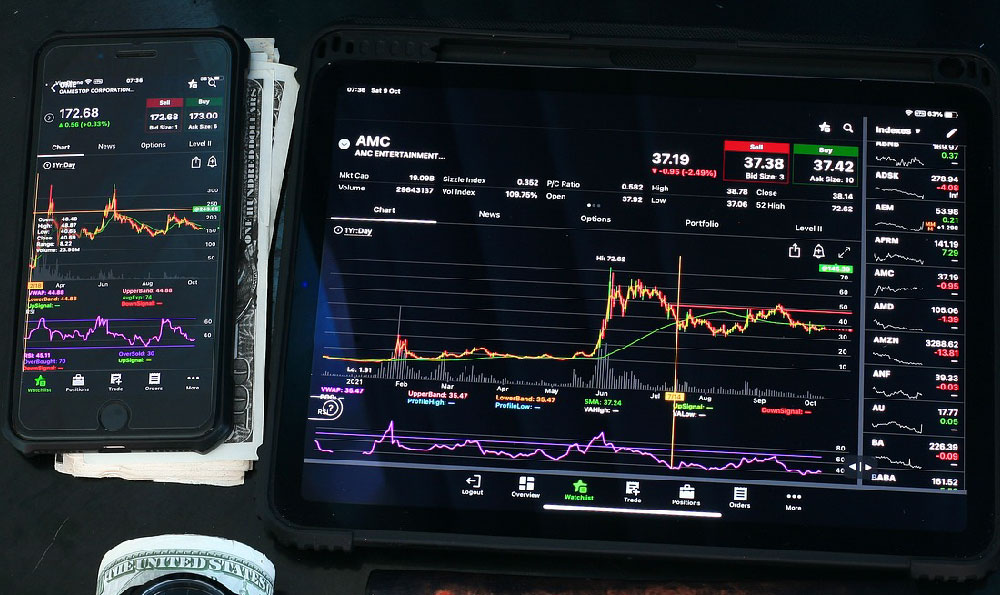how much do pastors earn 2023
The income of individuals in the religious sector, particularly pastors, is a complex topic that intertwines traditional financial structures with evolving economic dynamics in 2023. While this subject may not directly relate to cryptocurrency investment, understanding the financial ecosystems of different professions can provide broader insights into wealth management and economic resilience. Here’s a nuanced exploration of how various factors influence a pastor's earnings in 2023 and how these parallels can inform investment strategies across sectors, including digital assets.
In 2023, the income of pastors remains heavily dependent on the size and financial health of their affiliated congregations. For example, in the United States, the average salary for a pastor in a medium-sized church (approximately 200-500 members) ranged between $40,000 to $60,000 annually, with larger congregations often offering higher compensation. However, these figures vary significantly across regions, denominations, and the specific roles of the pastor. In countries with strong religious traditions, such as South Korea or India, pastors may have more diversified income streams, including donations, media ventures, or even small business initiatives. Conversely, in regions where religious participation is lower, income often hinges on the generosity of a smaller, more intimate congregation.
A critical element influencing this income is the adaptability of religious institutions to modern economic pressures. The global pandemic, for instance, accelerated the shift toward digital platforms, enabling churches to generate revenue through online donations and virtual events. In 2023, this digital transformation became more permanent, with some denominations integrating cryptocurrency donations into their fundraising strategies. This shift mirrors the broader trend in investment, where adopting emerging technologies and innovative methods can yield significant returns. The ability of religious leaders to diversify their income sources by embracing digital tools, such as online platforms, mobile apps, or even blockchain-based donation systems, demonstrates a forward-thinking approach that aligns with the principles of modern financial management.

Another factor is the cultural and societal context in which a pastor operates. In some communities, religious and financial roles are closely intertwined, with churches acting as economic hubs. This integration can result in substantial financial gains for pastors, especially in regions where religious institutions support educational, healthcare, or social welfare initiatives. However, in other areas, the income of a pastor is more modest, relying primarily on tithes and congregational contributions. Understanding these cultural nuances is essential for comparing their financial profiles to those of investors in other sectors, where income also depends on consumer behavior, market trends, and technological adoption.
For those interested in virtual currency or investment, the lessons from a pastor's financial journey can be instructive. Both roles require a long-term vision and the capacity to navigate uncertainty. Just as a pastor might adapt to shifting congregational needs through innovative methods, an investor must remain agile in response to market volatility. For instance, the rise of decentralized finance (DeFi) and blockchain-based platforms has created new opportunities for wealth creation, akin to the way online donations and digital ministries have expanded the financial reach of religious institutions.
Risk management also plays a pivotal role in both financial domains. A pastor must balance the spiritual and financial responsibilities of their congregation, ensuring that their practices align with ethical standards while maintaining economic sustainability. Similarly, investors in virtual currency must evaluate the risks associated with market fluctuations, regulatory changes, and technological vulnerabilities. For example, the use of algorithms and data analytics in cryptocurrency trading mirrors the strategic planning required to maintain a stable income stream in religious organizations, such as forecasting attendance or donation levels.
Furthermore, the transparency and accountability demanded in both areas are crucial for trust and long-term success. In the religious sector, the management of funds must reflect the values of integrity and service, while in investment, this translates to ethical considerations and clear communication with stakeholders. The integration of blockchain technology in financial systems, such as transparent transaction records and smart contracts, offers a parallel to the accountability mechanisms in religious institutions, which may also adopt digital tools to ensure financial clarity.
The 2023 landscape for pastors and investors alike is characterized by a blend of tradition and innovation. While a pastor’s income may still be anchored in community support, embracing digital currencies and investment strategies can create additional avenues for financial growth. For instance, as minting and trading virtual coins become more mainstream, religious institutions could explore these avenues as part of their financial planning, much like they have integrated online events into their operations. This dual approach—rooted in ethical stewardship and open to technological advancements—can serve as a blueprint for financial resilience in any sector.
Ultimately, understanding the income patterns of traditional professions like pastors provides valuable context for those exploring alternative financial opportunities, such as virtual currency investments. Both paths require a delicate balance between stability and innovation, and those who navigate this equilibrium successfully can achieve their financial goals. For investors, this means seeking out opportunities that align with long-term vision and sustainable growth, while for pastors, it entails adapting to the changing economic landscape to ensure the continued support of their communities.
In conclusion, while the income of pastors in 2023 remains influenced by traditional and regional factors, the parallels between their financial strategies and those of modern investors offer important lessons. Both groups must remain adaptable, transparent, and forward-thinking to thrive in their respective fields. As the global economy continues to evolve, the ability to integrate innovation with integrity will be a defining characteristic of long-term success, whether in the world of spirituality, finance, or digital assets.















